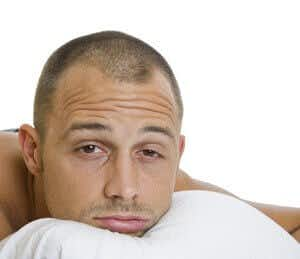
When you are feeling stressed and can’t seem to get to sleep, medicines can help. Many people have found, however, that it is too easy to rely on a sleep aid. Then, when you no longer feel you need the medication, you may find it a challenge to stop taking it. That is what happened to one reader who had been taking Klonopin for insomnia.
Getting Off Klonopin for Insomnia:
Q. I took Klonopin for insomnia for 20 years. To get off it, I tapered it slowly over two years.
Despite this effort, I had severe withdrawal symptoms: burning, stinging, muscle spasms, nerve pain, dizziness, memory problems, nausea, weight loss and others. It has been 19 months since the last dose and I am slowly recovering from this terrible ordeal. I take no prescriptions.
A specialist at a university teaching hospital said results of my genetic test explain why the drug withdrawal was so hard.
A. Doctors often prescribe clonazepam (Klonopin) and other benzodiazepines such as alprazolam and diazepam for anxiety and insomnia. Long-term use can indeed lead to dependence.
You are certainly not the only person who has found it difficult to quit taking a benzo such as Klonopin for insomnia. As you learned by sad experience, even gradual tapering can result in rebound insomnia and other withdrawal symptoms. In some instances, people who stop such a drug suddenly land in the emergency department of the nearest hospital (Santos & Olmedo, Emergency Medicine Practice, online March 1, 2017).
What Do Genes Have to Do with It?
A better understanding of the genes that control drug-metabolizing enzymes may explain why some people suffer especially prolonged withdrawal symptoms. Research shows that mice and men with an atypical gene for brain-specific angiogenesis inhibitor I-associated protein 3 (Baiap3) are more susceptible to benzodiazepine dependence (Wojcik et al, Molecular Medicine, July 24, 2013).
9/13/18 redirected to: https://www.peoplespharmacy.com/articles/should-you-stop-taking-your-sleeping-pills/

